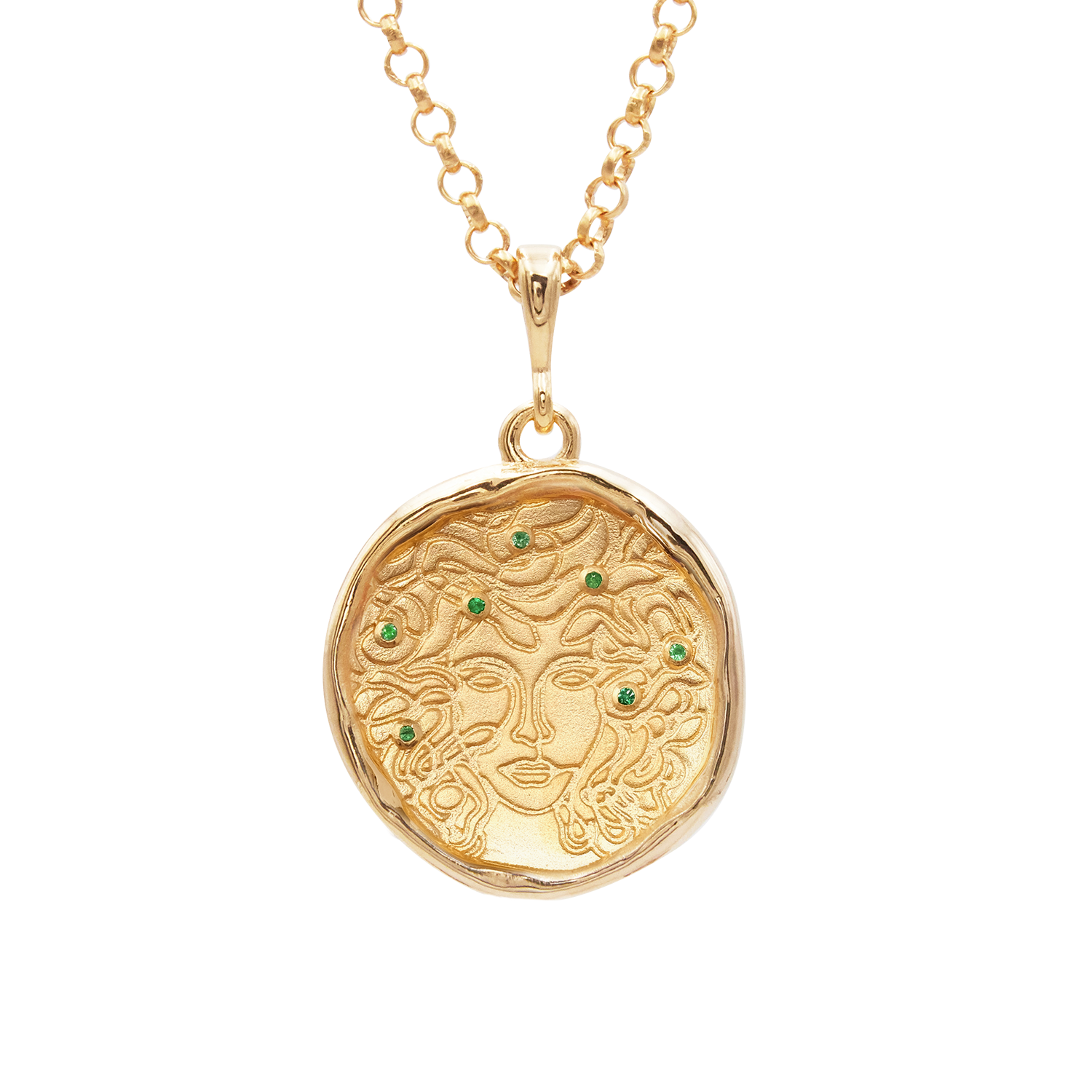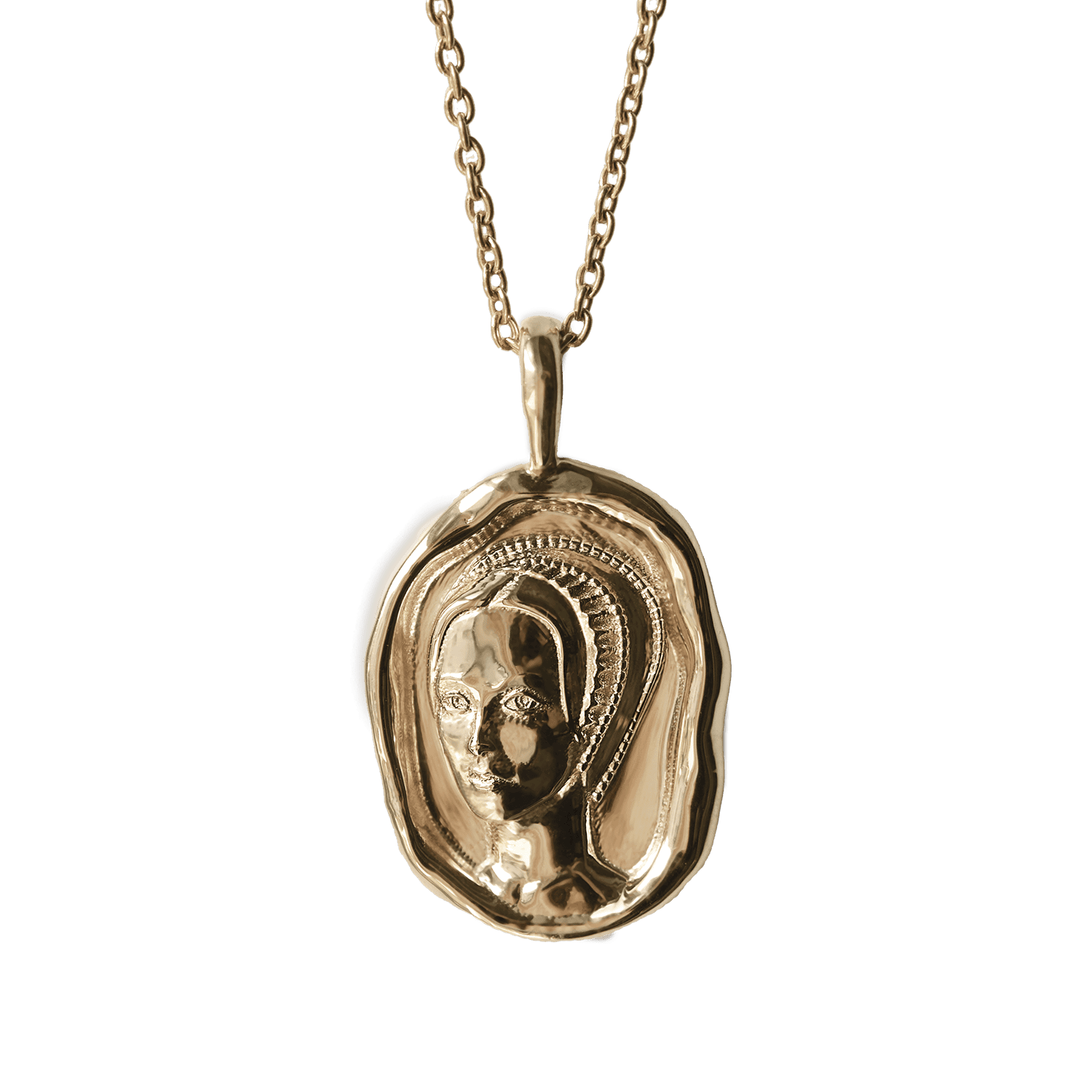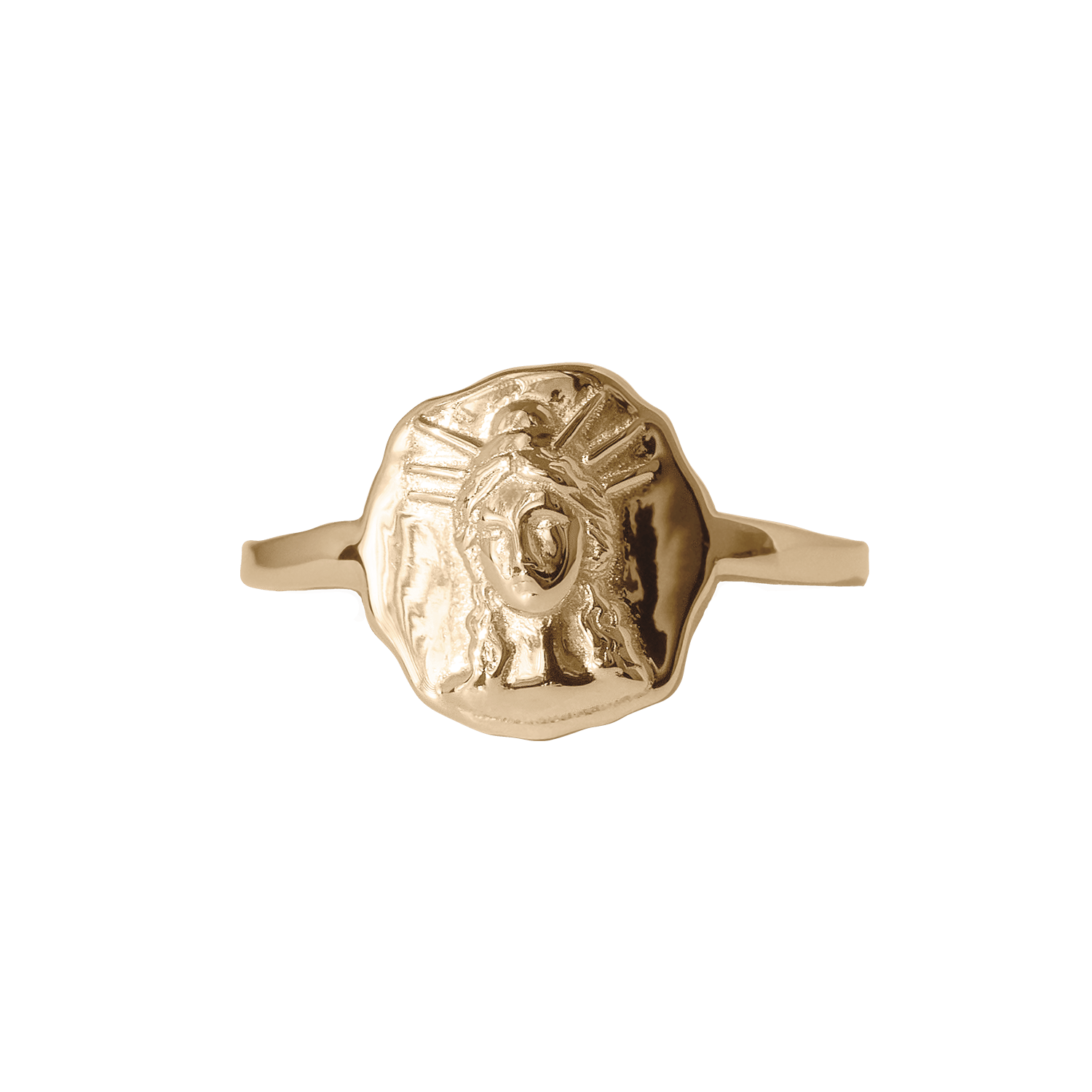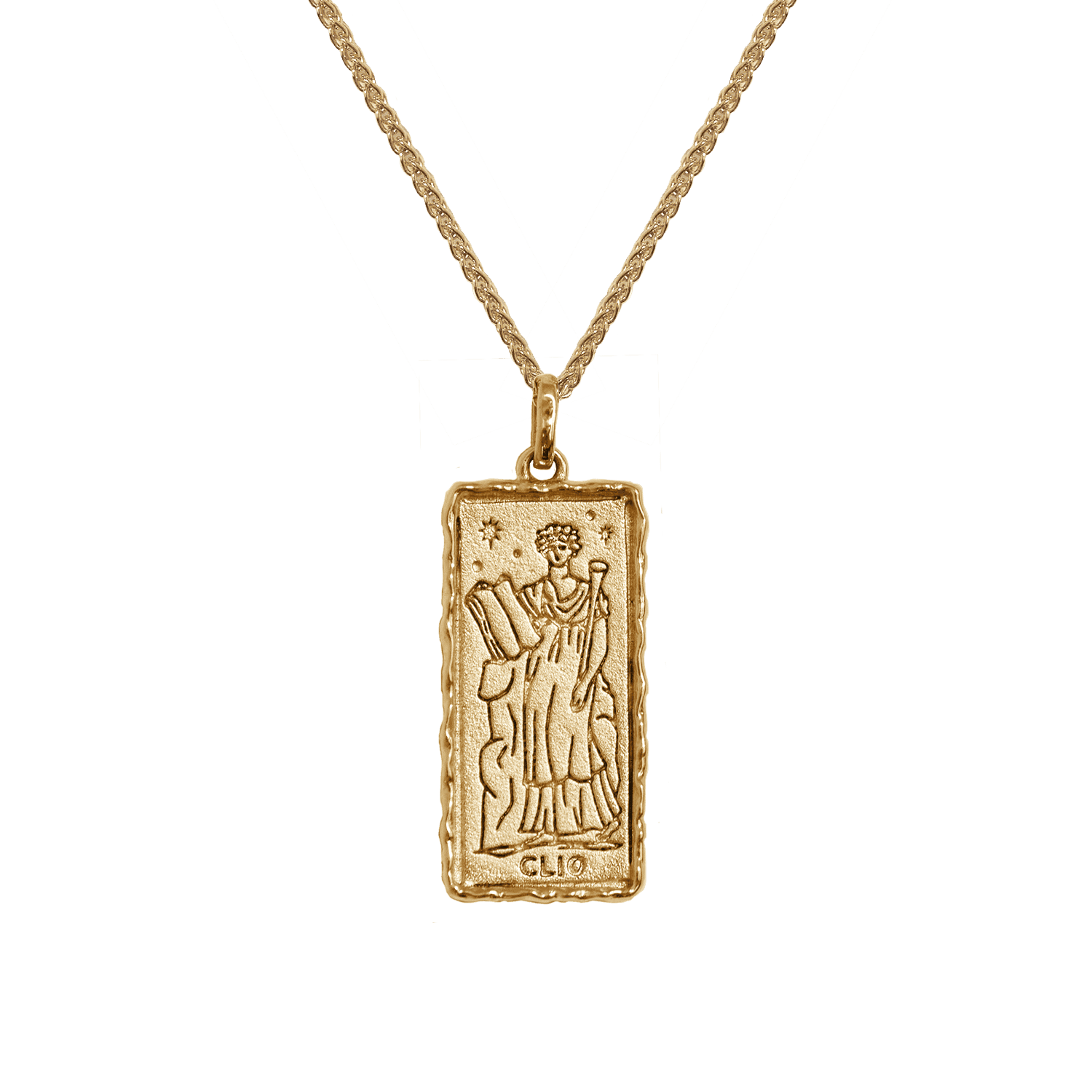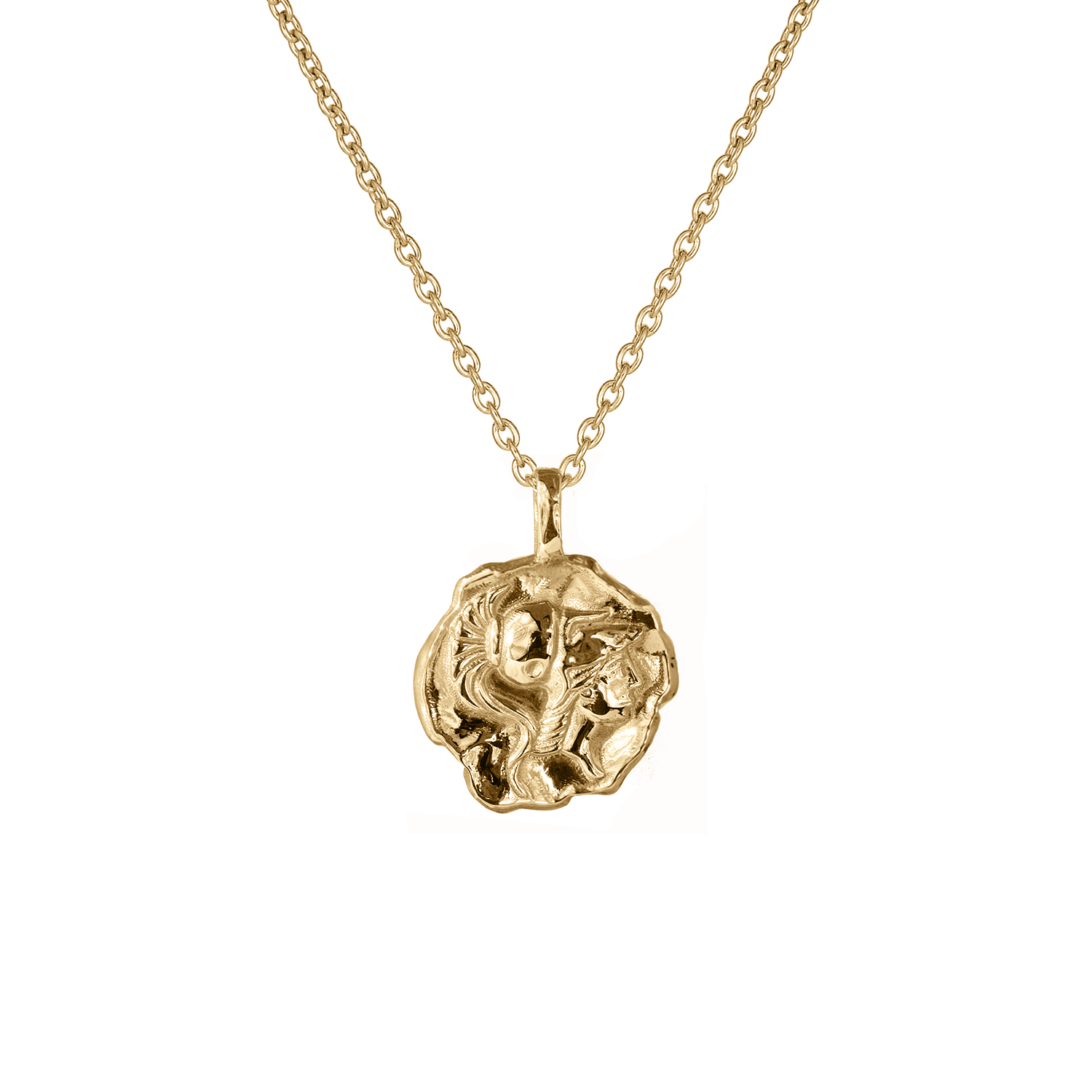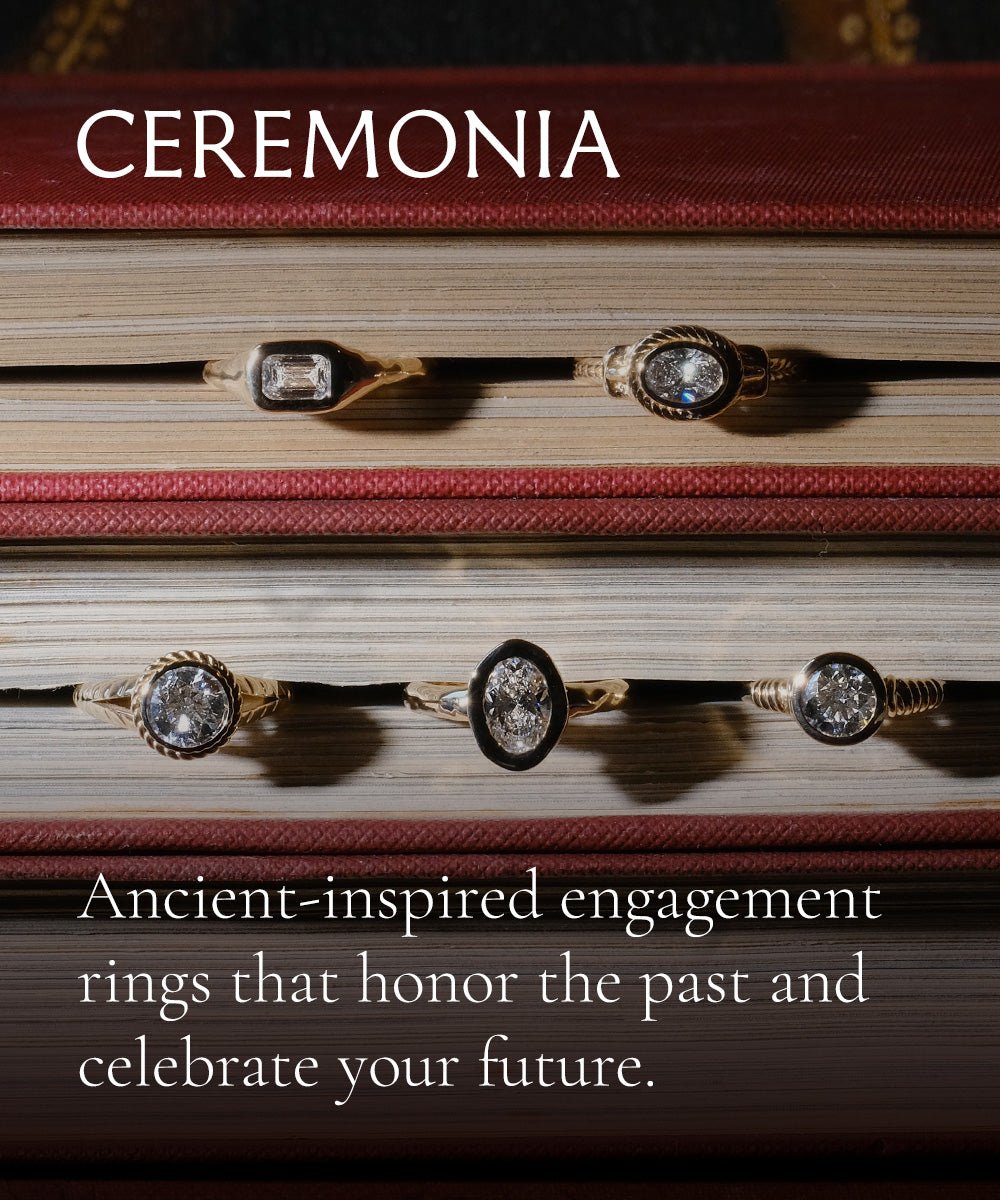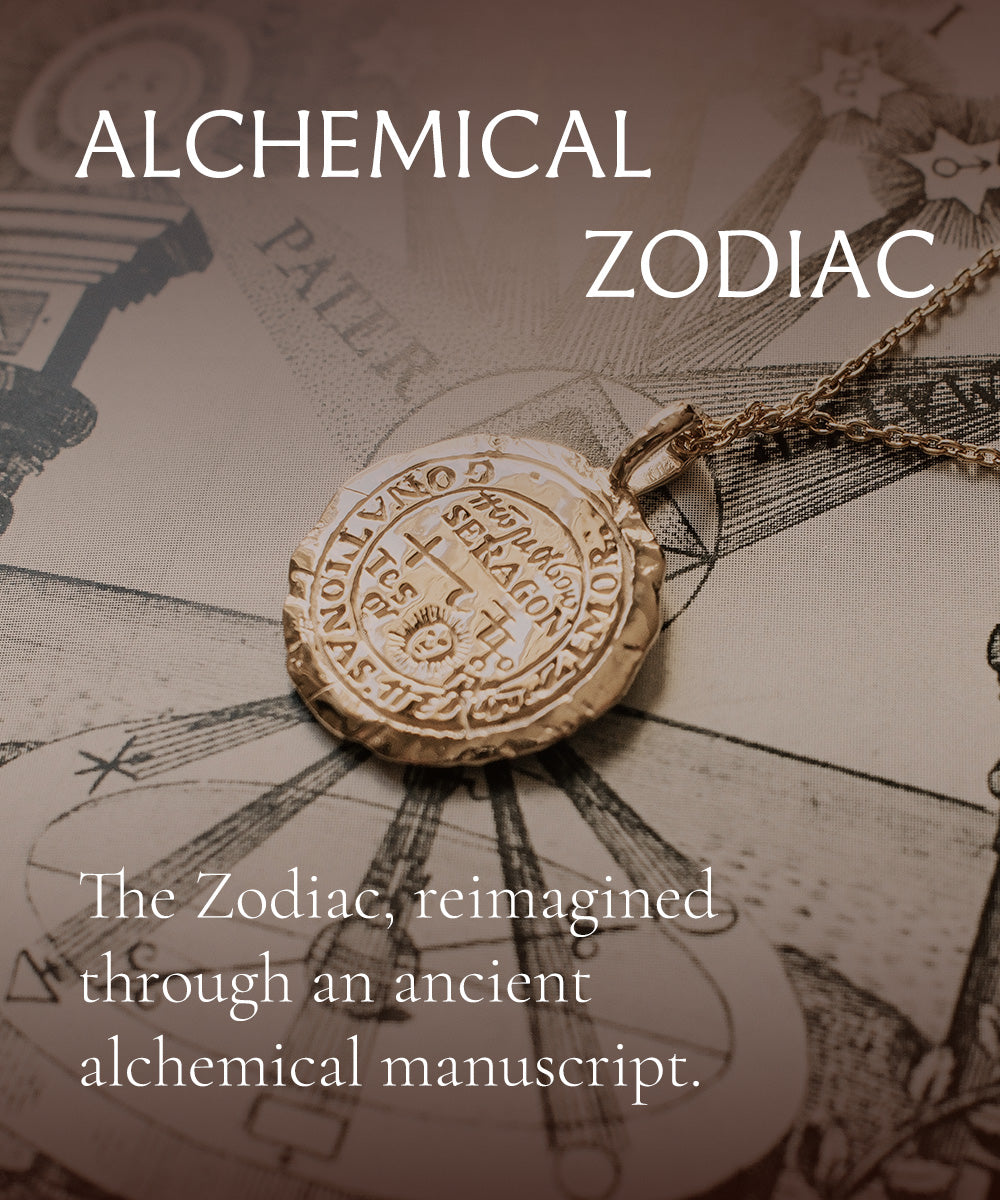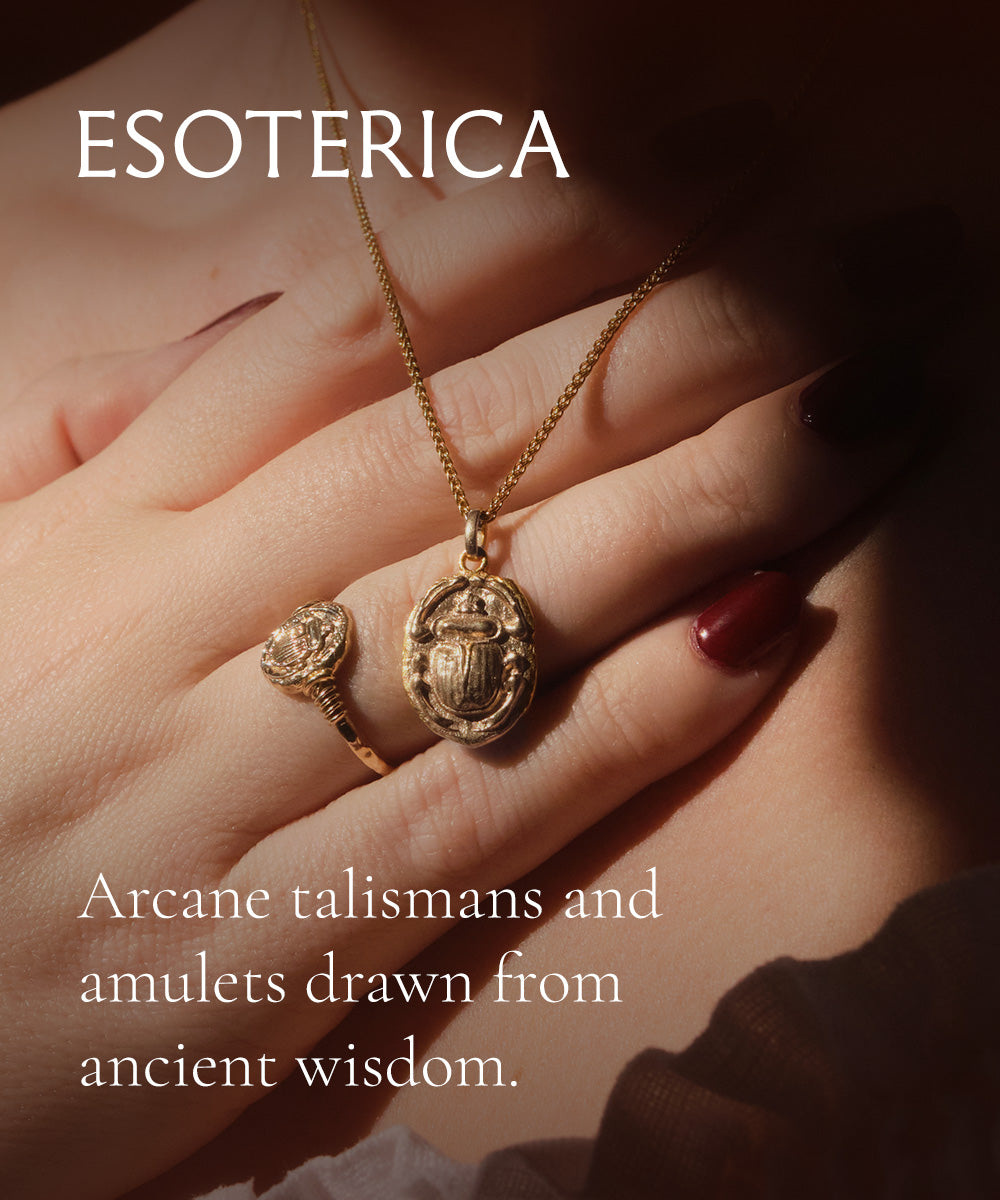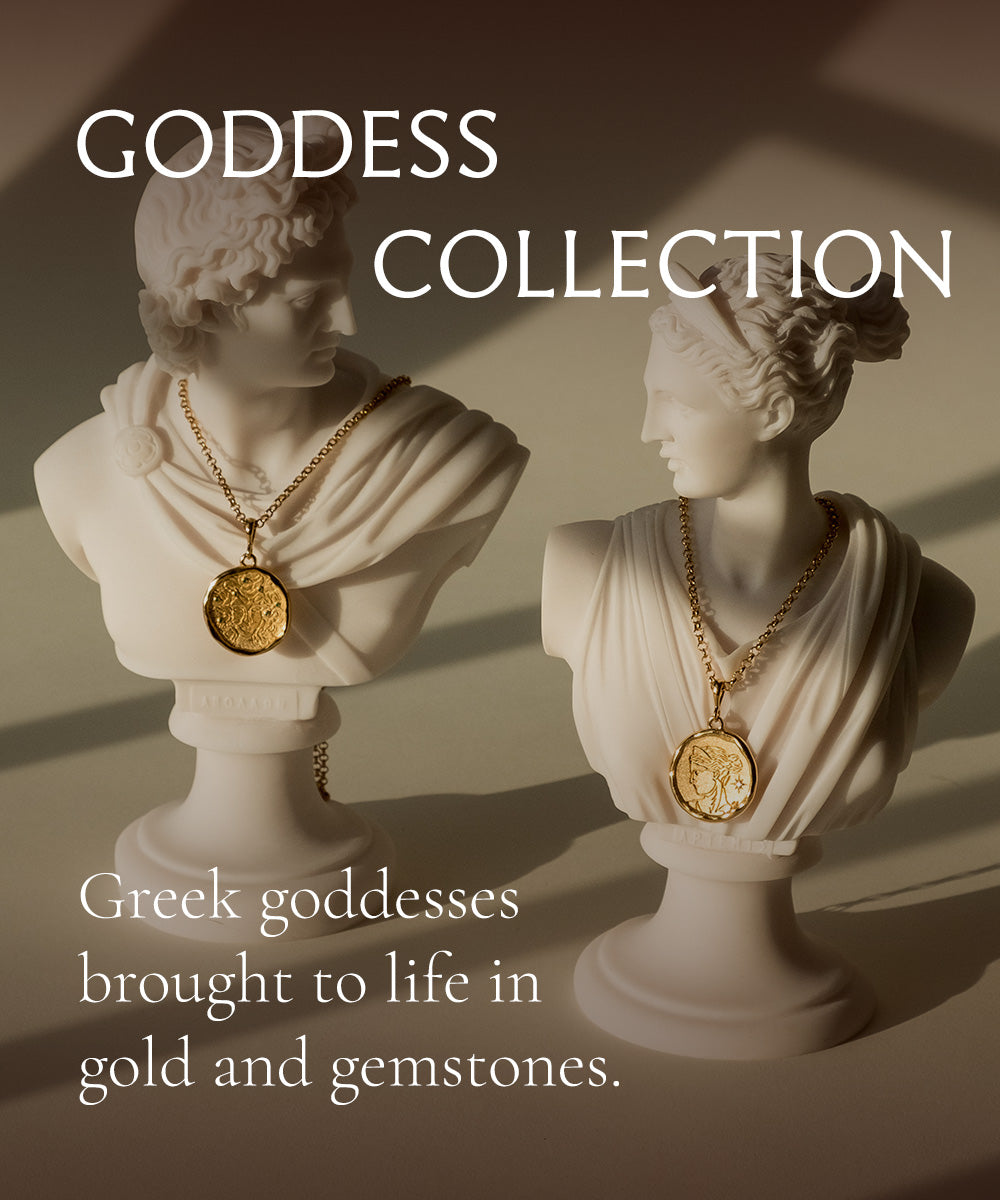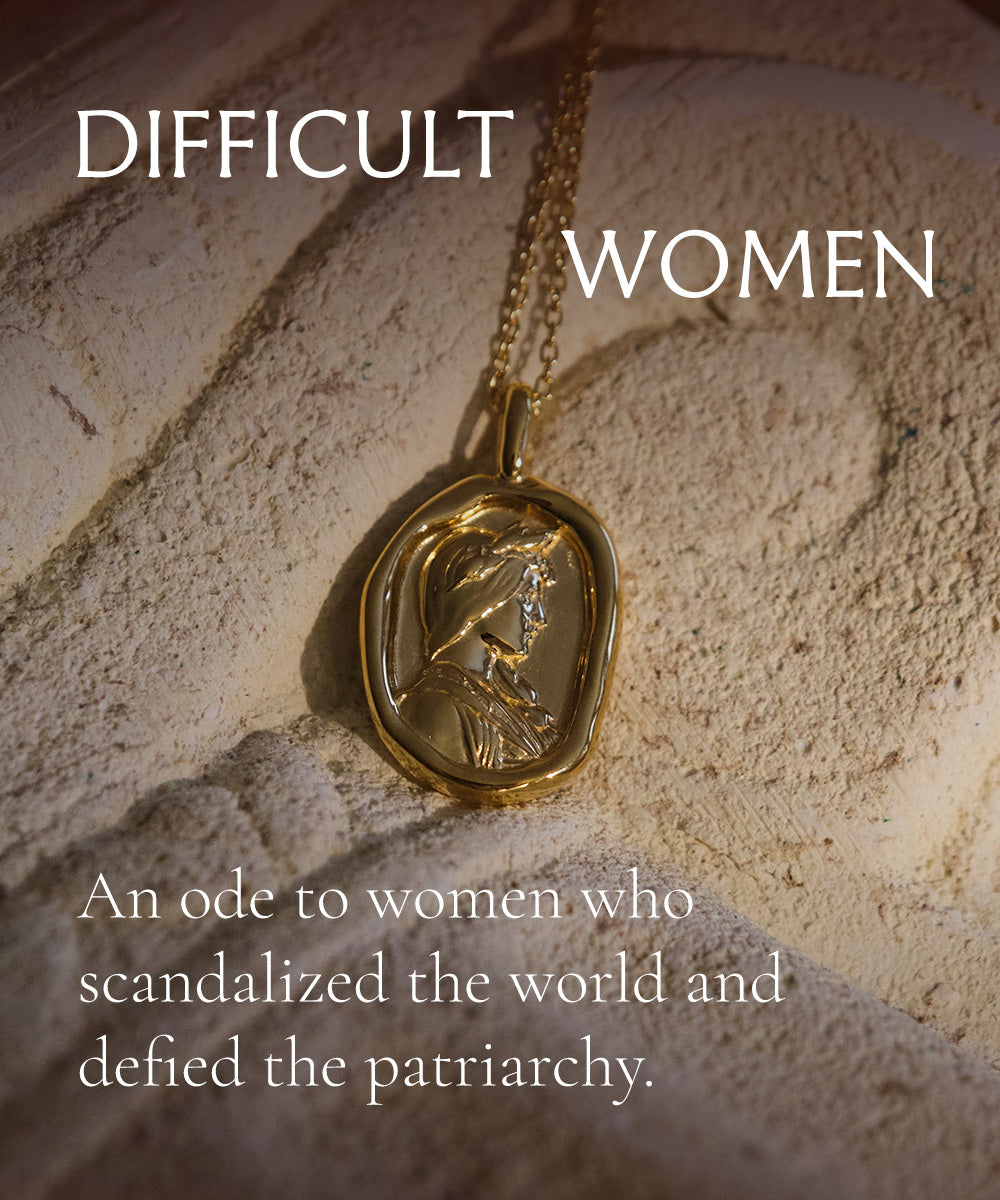Love is nebulous.
Love is so strange and delicate. It can be hot and dizzying, faithful and familiar, sweet and bubbly.
And love is fluid. A single definition is simply not enough to describe the whole of it. In ancient Greek, different words were used to describe different types of love, because though they are not the same, they are all valid, special, and deserve to be celebrated.
Familiar types of love:
Eros - romantic love, passionate love, all that is sexual and amorous. The most intimate of all types of love, Eros is named directly after Aphrodite’s son, the Greek god of love; he is better known by his Roman counterpart, Cupid. This type of love is shared between couples who are at the mercy of their attraction to each other’s mind, body, and spirit.
Storge - familial love, especially parental love. Storge is the absolute devotion a person feels for their beloved pets, and the instinctual, all-encompassing love that a parent has for their child. It is the only healthy type of unconditional love.
Philia - affectionate love, also known as friendship. Philia represents the bond you can create with a close friend, someone who adventures with you, weathers storms with you, supports your endeavors, and tells you the truth when nobody else has the guts to do it.
Love to nurture:
Philautia - self love. At the end of each and every day, you will always have yourself to be with, so it makes sense that you should take care of your own happiness as well as you would for any other loved one. It is not narcissistic to care for your emotional needs rather than laying that basic human necessity entirely at a lover’s feet.
Agape - love of the universe and everything in it. This one comes easily to some, harder to others. Agape is the tenderness one has for animals, the care for all other people despite any perceived differences, and the respect and honor for nature, the environment, and the things of the world that we cannot control. This love is born of compassion and selflessness.
Pragma - enduring love. An old couple slow dancing to no music in their living room, the comfort of each others’ familiar shapes, a caring type of love that extends beyond the body and has made one of two souls. Pragma is the love that grows between two people who have similar values, over decades of commitment, patience, and the continuous choice to stay in love.
Love that we can leave in middle school:
Mania - obsessive love and overwhelming fixation. Mania is not really love, but the feelings it incites mimic eros, so you must be careful with these feelings. In some situations, it’s okay to experience this feeling, like having a crush on a famous musician or a character in a show. But when directed at another person, mania is damaging and objectifying, because the obsession is never really about the object of desire as a person. This type of “love” breeds jealousy, codependency, even stalking, and is not a foundation for any other kind of love.
Ludus - playful love. Puppy love is sweet and young and exciting: the brushing of hands, the shy meeting of eyes and bashful look away. Ludus is a schoolyard crush, the feelings you have when you’re too young to know eros, but you feel it stirring in your stomach.
Take what resonates and leave what doesn’t, but no matter what your relationships look like, there is always something special to celebrate on Valentine’s Day.
